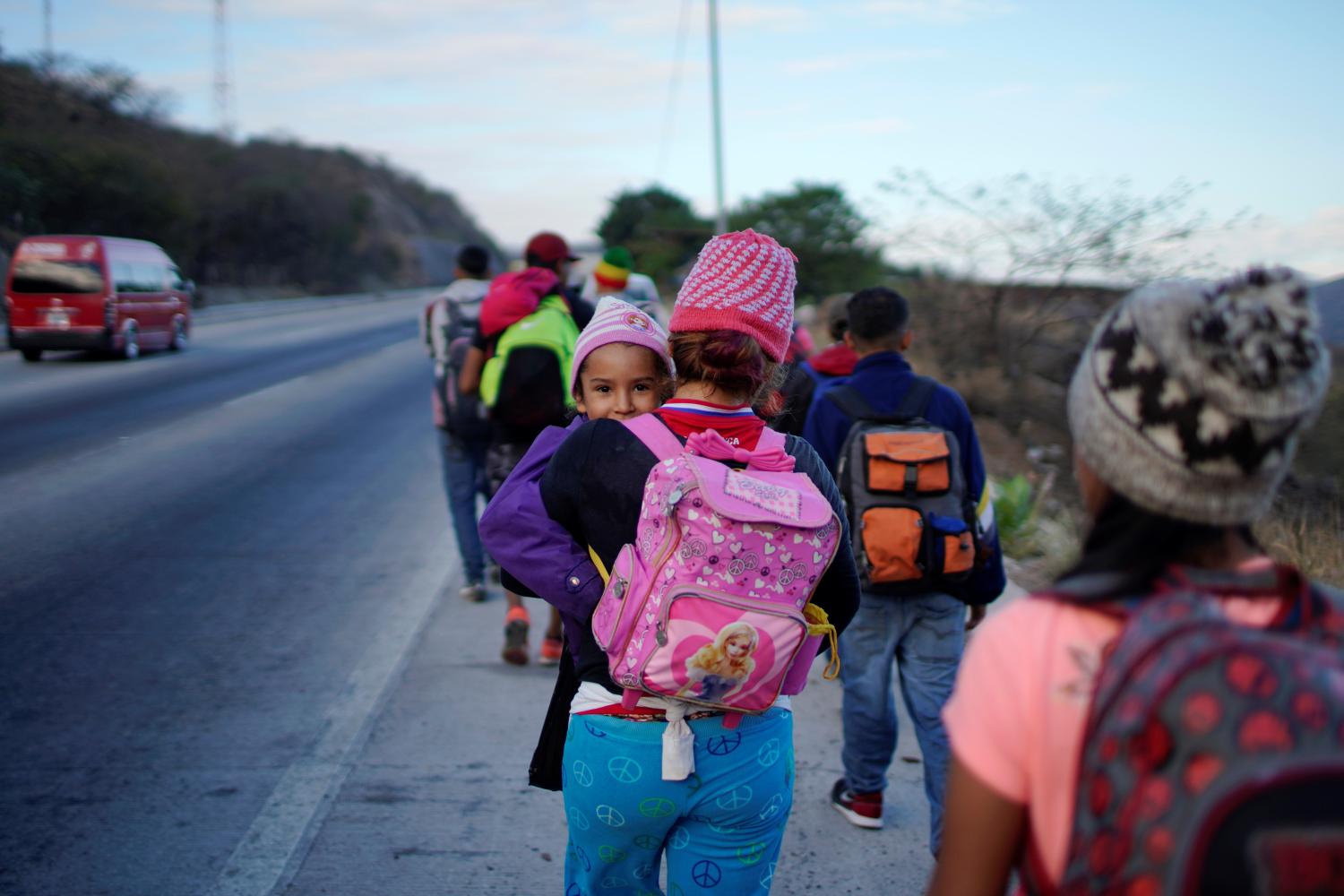Rates of upward economic mobility in the U.S. are too low: on this there is little disagreement from any political quarter. Children from families with fewer resources are at a high risk of poverty in adult life. These resources are usually viewed through an economic lens, most obviously in terms of income and wealth. But relationships are resources, too. At a community level, relationships are the building blocks for networks, connections, and trust, loosely described as social capital. Within families, strong and positive relationships create an environment within which children and adolescents can develop skills, confidence, and aspirations.
Relationships, attachment, and depression
For a very young child, the relationship with a primary caregiver, most often though not exclusively a mother, lays an important psychological foundation for later flourishing. Successful attachment and bonding in the first two years of life predicts healthy later development on a range of fronts, from mental health to educational skills. When bonding and attachment prove difficult, child development is affected. Recent advances in brain science allow this impact to be shown more clearly and more definitively. One of the biggest risk factors for successful bonding and attachment is poor mental health on the part of the primary caregiver. In particular, a parent who is depressed finds it more difficult to engage, connect, and bond with a baby or toddler. Given that mothers remain most likely to be the primary caregiver, maternal depression can therefore be an important risk factor for early child development. About 10 to 20 percent of mothers will be depressed at some time during their lives, and one in eleven infants will experience their mothers’ perinatal depression.[i] Mothers who are poor are more likely to suffer from depression:
The depression-immobility cycle
So: poverty increases the risk of depression, which can weaken attachment and therefore slow early child development. A weaker developmental start increases the risk of poor educational outcomes, which in turn heightens the risk of future poverty. And so, the cycle turns. In a new paper for Brookings, “The Effects of Maternal Depression on Early Child Development and Implications for Economic Mobility ”, we examine the evidence for each stage of this cycle of intergenerational disadvantage, as well as at policies aimed at each stage of the cycle.  In terms of policy, there is no single “magic moment” in the cycle to intervene: multiple interventions will be required. Many of these would be justified on their own account, of course: but here we highlight their potential to help break or at least weaken the vicious cycle. Specifically, we summarize policies to intervene in the cycle at four key points, with the following goals:
In terms of policy, there is no single “magic moment” in the cycle to intervene: multiple interventions will be required. Many of these would be justified on their own account, of course: but here we highlight their potential to help break or at least weaken the vicious cycle. Specifically, we summarize policies to intervene in the cycle at four key points, with the following goals:
- Reduce poverty
- Reduce the impact of poverty on depression among caregivers
- Reduce the impact of caregiver depression on early child development
- Reduce the impact of weaker early child development on later outcomes
We focus in the paper largely on goals (2) and (3), since there is obviously a vast literature on poverty reduction (3) and improving long-run economic outcomes (4). Among the programs and policies we highlight as worthy of further investment or at least investigation are the following:
- Legacy for Children (Legacy), a group-based intervention that seeks to improve mothers’ sensitive and responsive parenting and enhance parent-child interactions with the ultimate goal of improving children’s healthy emotional development. Evaluation of behavioral outcomes at 48 month and 60 months showed positive effects.
- Attachment and Biobehavioral Catch-Up, or ABC is an intervention designed to help parents be more nurturing toward children at high risk of neglect. Children in recipient families showed more typical cortisol production, according to an RCT study, suggesting that the intervention improved children’s biological regulation in response to stress.
- Universal screening and education for postpartum depression is not mandatory in many states; others cover psychosocial risk assessments and counseling during pregnancy. These are important steps forward, and other states should follow suit.
- Postpartum care from obstetrician-gynecologists should be an ongoing process, rather than a single encounter, according to a new report from the American College of Obstetricians and Gynecologists. An initial assessment during the first 3 weeks could be followed by individualized ongoing care as needed for up to 12 weeks. These comprehensive check-ups would include assessments of mood and emotional well-being to help mothers successfully transition from pregnancy to parenthood.
These are just four examples of potentially fruitful policy areas: for more details, see the full background report.
The mobility case for mental health care
There is much more research to be done here, not least in terms of the difficult task of teasing out causal relationships. But it certainly looks as if maternal depression is an under-acknowledged factor in the intergenerational transmission of poverty, and lack of economic mobility. Policymakers focused on economic opportunity and those focused on mental health may discover they are working on two sides of the same coin.
[i] Center on the Developing Child at Harvard University (2009). Maternal Depression Can Undermine the Development of Young Children: Working Paper No. 8. https://46y5eh11fhgw3ve3ytpwxt9r-wpengine.netdna-ssl.com/wp-content/uploads/2009/05/Maternal-Depression-Can-Undermine-Development.pdf
The Brookings Institution is committed to quality, independence, and impact.
We are supported by a diverse array of funders. In line with our values and policies, each Brookings publication represents the sole views of its author(s).





